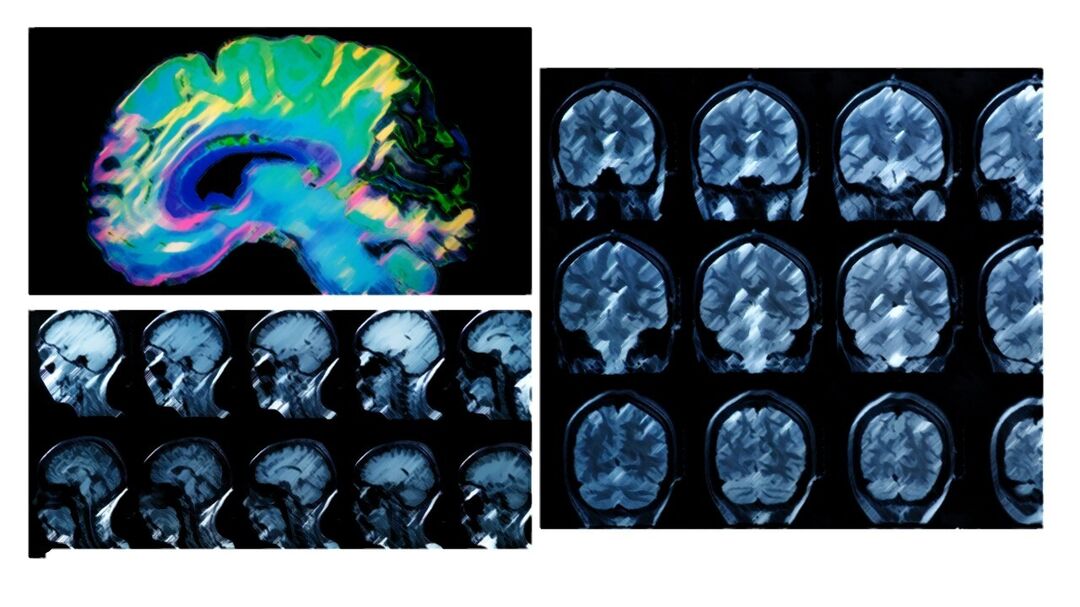Advancing precision psychiatry: New standardized data resource for mood disorder research

September 16, 2025
More than 350 million people worldwide live with depression and bipolar disorders, yet finding the right treatment often involves trial and error. Patients may try multiple medications and therapies before finding relief, while researchers need larger, standardized datasets to identify the biomarkers that could improve treatment matching.
That's about to change.
The Ontario Brain Institute (OBI) is proud to announce that brain health data from the Enabling Neuroscience research Approaches for Brain, feeLings and Emotions (ENABLE) master clinical trial platform – developed in partnership with patients and co-funded with support from a Brain Canada Platform Support Grant - will soon be available to the broader neuroscience research community on Brain-CODE, OBI’s neuroinformatics platform.
In late 2025, OBI will release neuroimaging, clinical, and quality of life data from the Canadian Biomarker Integration Network in Depression (CAN-BIND)'s ENABLE platform. The release will also include expanded demographics information including sex, age, gender diversity, and socioeconomic status. This growing database aims to give researchers the patient data needed to advance biomarker research in mood disorders.
The ENABLE platform, supported by OBI and Brain Canada, was established to address the heterogeneity of mood disorders by providing the Canadian neuroscience community with standardized research methods and multi-modal metrics that reflect real-world populations in Canada. As a master clinical trial platform, ENABLE also leverages its data-driven design to build a pool of participants who can be recruited into future clinical trials, accelerating research timelines both nationally and globally.
Composition of the baseline release:
Data from over 400 participants with major depressive disorder and bipolar disorder at 9 sites across Canada will be released. Datasets include:
- Structural Neuroimaging
- Clinical Data
- Demographics
- Psychiatric and Medical History
- Patient Health Questionnaires
- Work and Social Adjustment Scales
- Quality of Life Indicators
- Structured Clinical Interviews for DSM Disorders (SCID)
- Quick Inventory of Depressive Symptomatology (QIDS)
"More efficient recruitment into clinical trials will increase the pace of research and discovery in mood disorders," explains Dr. Benicio Frey, Principal Investigator of CAN-BIND. "And I'm proud to say that making these rich, fully integrated data openly available to the broader neuroscience research community is the result of collaborative partnerships with academic, community, industry and government stakeholders to enhance depression research."
This patient partnership extended to the research design itself, with the funding application co-authored by patients with lived experience.
"Funding applications have typically been written by researchers, without input from patients with lived experience," says Kathryn Schade, co-author of the ENABLE funding application and a member of CAN-BIND’s Community Advisory Committee. "This approach has often led to research that reflects the interests and priorities of the researchers, rather than focusing on outcomes that are relevant and meaningful to patients. My unique perspective helped to ensure that the ENABLE platform is patient-focused, with an emphasis on accelerating research discoveries and broadening access to effective treatments – research priorities that matter to patients and their families."
